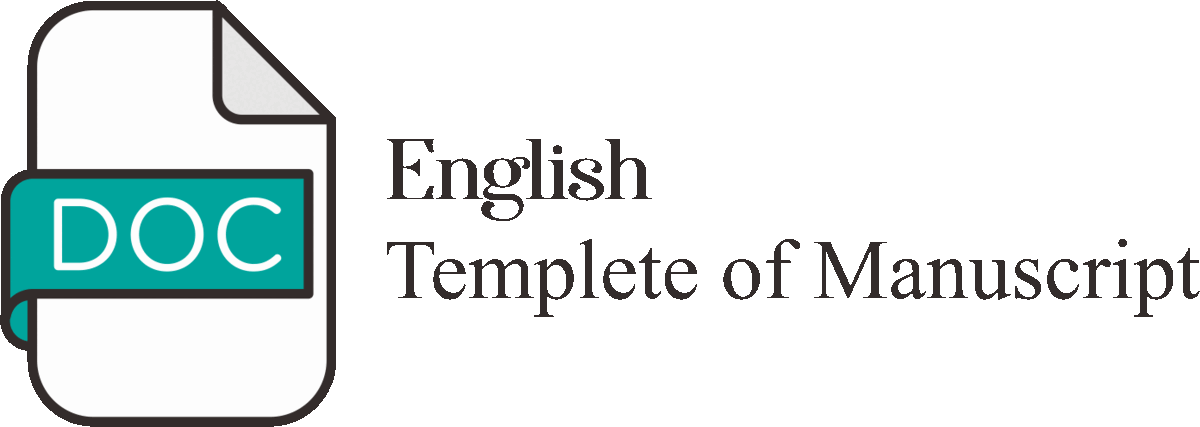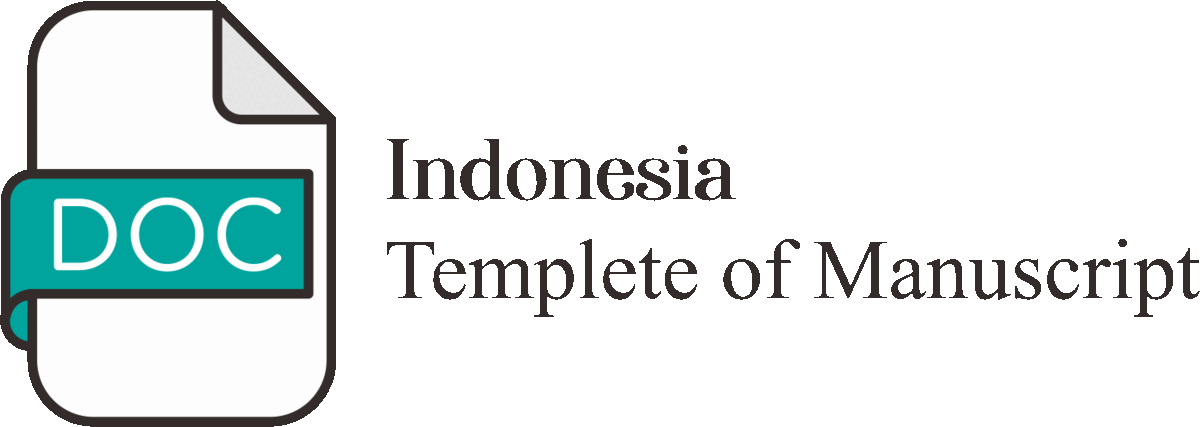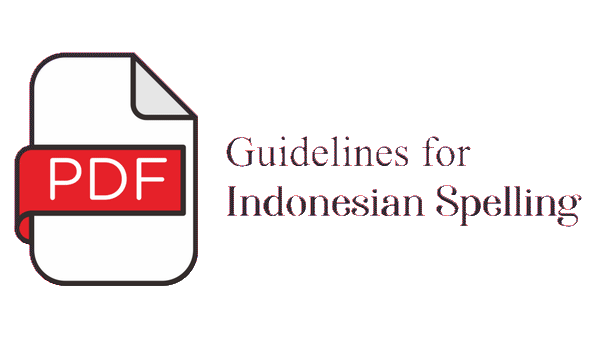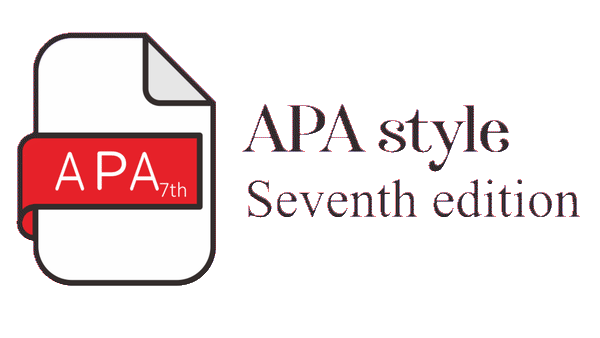DAMPAK SUBSIDI SOLAR TERHADAP KELESTARIAN SUMBER DAYA IKAN DI BITUNG, SULAWESI UTARA
Abstract
Penelitian bertujuan mengetahui dampak penetapan subsidi harga solar terhadap kelestarian sumber daya ikan telah dilakukan di Pelabuhan Perikanan Samudera Bitung Kota Bitung pada Bulan April, Agustus dan Oktober 2010. Analisis pendugaan parameter biologi dilakukan dengan menggunakan model surplus produksi berdasarkan metode Clark, Yoshimoto and Pooley (CYP). Adapun analisis dinamika dan hubungan sebab akibat antara eksploitasi sumber daya perikanan dengan usaha penangkapan ikan dilakukan dengan metode analisis sistem dinamik. Hasil penelitian menunjukkan bahwa pada kondisi baseline (harga solar Rp 4.500 per liter), rata-rata harga ikan Rp 6.200 per kg dan biaya operasional Rp 14.924.373 per trip maka jumlah effort yang diperbolehkan adalah sebanyak 1.601 trip per bulan dan jumlah produksi 982 ton per bulan serta ketersediaan stok ikan 1.306 ton. Tanpa subsidi solar (Rp 7.500 per liter) maka terjadi peningkatan biaya operasional per trip sebesar 36,76% (Rp 20.410.696 per trip), sedangkan jumlah effort yang diperbolehkan relatif tetap (1.600 trip per bulan). Hasil ini menunjukkan bahwa kebijakan subsidi solar tidak memberikan dampak signifikan terhadap kelestarian sumber daya ikan di Bitung. Oleh karena itu, subsidi solar harus tetap diberikan kepada nelayan di Bitung agar mereka dapat melakukan pemanfaatan sumber daya ikan secara berkelanjutan disamping mengurangi potensi pemanfaatannya oleh nelayan negara tetangga secara ilegal.
Title: Impact of Fuel Subsidy on Sustainablity to Fishery Resources in Bitung, North Sulawesi
The study aims to determine the impact of diesel price fixing subsidy to sustainability of fish resources has been carried out in the port of Ocean Fishery Bitung, Bitung City in April, August and October 2010. Analysis of biological parameter estimation is done using a production surplus model based on the method of Clark, Yoshimoto and Pooley (CYP). The analysis of the dynamics and the causal relationship between the exploitation of fishery resources to fishing effort carried out by the method of dynamical systems analysis. The results showed that in the baseline condition (diesel price of Rp 4,500 per liter), the average price of Rp 6,200 per kg of fish and operational costs Rp 14,924,373 per trip allowed the amount of effort that is as much a 1601 trips per month and the amount of production of 982 tons per month, and 1306 tons of fish stocks. Without the solar subsidy (Rp 7,500 per liter), then an increase in operating costs per trip by 36.76% (Rp 20,410,696 per trip), while the amount of effort that allowed relatively fixed (1,600 trips per month). These results indicate that the diesel subsidy policy does not provide a significant impact on the sustainability of fish resources in Bitung. Therefore, solar subsidies should be given to fishermen in Bitung so that they can perform the utilization of fish resources in a sustainable manner as well as reducing the potential for use by fishermen neighboring countries illegally.
Keywords
Full Text:
PDFDOI: http://dx.doi.org/10.15578/jsekp.v7i1.5732
Indexed by:
-------------------------------------------------------------------------------------
Published by
Research Center for Marine and Fisheries Socio-Economic
in collaboration with
Indonesian Marine and Fisheries Socio-Economics Research Network

This work is licensed under a Creative Commons Attribution-NonCommercial-ShareAlike 4.0 International License.



















